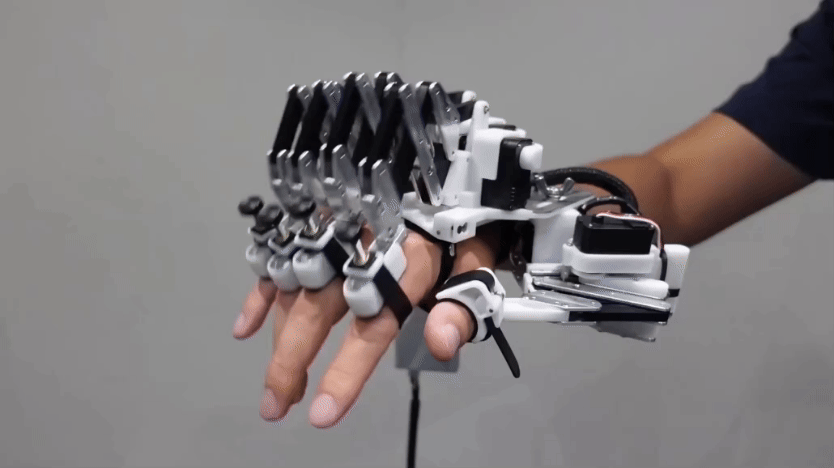Inheriting fear
Parents and even grandparents can share their fear of a specific thing — such as a scent, a study in mice shows

Mice learned to associate the scent of orange blossoms, like the one shown here, with getting an electric shock. This “lesson” left a change on their genes — one that they passed on to their offspring.
Alexander Hardin/Wikimedia Commons
Children may pick up more from their parents than eye color, height and dimples. They may inherit fear. This new finding emerges from experiments in mice. The data show that an individual’s traumatic experiences can have long-lasting effects — ones that can be passed on to the next generation and beyond.
In a series of tests, scientists gave a shock to mice while those animals smelled the scent of orange blossoms. Quickly, the rodents came to expect another painful shock as soon as they smelled the flowers’ scent.
Making such a fearful link was expected.
What proved surprising, though, was that the children of shocked mice — and even their grandchildren — also showed fear when they smelled orange blossoms. None of these offspring had ever received a shock during their smell tests. And orange blossoms didn’t scare mice whose parents and grandparents had never received a shock. Only the young of shocked mice expressed fear at the scent of these flowers.
It now appears the shocked mice encoded a “memory” of their fear in their genes. That’s the conclusion of study authors Brian Dias and Kerry Ressler. Both scientists work at Emory University in Atlanta. The offspring of shocked mice produced more nerve cells than normal in a portion of the brain responsible for detecting the orange blossom scent. This reflected some small change in one of their genes. Meanwhile, mice born to unshocked parents — and unchanged genes — produced the regular number of the cells for the smell.
Somehow, the fearful tests altered the DNA of a gene in shocked mice. It didn’t damage the gene. Instead, it made a change to the chemical “switch” that can turn a gene on or off, or influence how active the gene is. Like pieces of tape stuck over a light switch, these chemical changes can force a gene to remain turned on or off. Such a change is called epigenetic.
In the new tests, that change affected a gene that directed the offspring to make an excess of molecules that help detect the orange blossom odor. Sperm cells can transmit the altered DNA — and the encoded fear sensitivity, the authors reported December 1 in Nature Neuroscience.
Such a change could be useful. By sharing their painful lessons this way, parents could offer the young an advantage in recognizing danger. This might help those young avoid trouble without having to endure the trauma firsthand.
DNA that ‘learns’ from its ancestors experiences offer a helpful, if little known, influence on brains and behaviors of animals — including people, the authors say.
Power Words
DNA (short for deoxyribonucleic acid) A long, spiral-shaped molecule inside most living cells that carries genetic instructions. In all living things, from plants and animals to microbes, these instructions tell cells which molecules to make.
epigenetic changes Molecular switches that can turn a gene on or off. Methyl groups — chemical clusters each made of one carbon and three hydrogen atoms — latch onto DNA near a gene. It’s these methyl groups that can altered the programmed activity of a gene. Individuals can acquire an epigenetic change at any time during their lives.
gene A segment of DNA that codes, or holds instructions, for producing a protein. Offspring inherit genes from their parents. Genes influence how an organism looks and behaves.
neuroscience Science that deals with the structure or function of the brain and other parts of the nervous system. Researchers in this field are known as neuroscientists.
nerve cell or neuron Any of the impulse-conducting cells that make up the brain, spinal column and nervous system. These specialized cells transmit information to other neurons in the form of electrical signals.
sperm In animals, the male reproductive cell that can fuse with an egg of its species to create a new organism.
trauma (adj. traumatic) Serious injury or damage to an individual’s body or mind.







